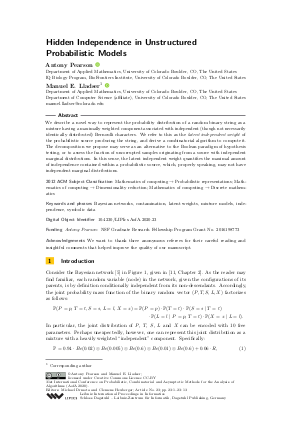LIPIcs.AofA.2020.23.pdf
- Filesize: 0.5 MB
- 13 pages

 Creative Commons Attribution 3.0 Unported license
Creative Commons Attribution 3.0 Unported license






Feedback for Dagstuhl Publishing